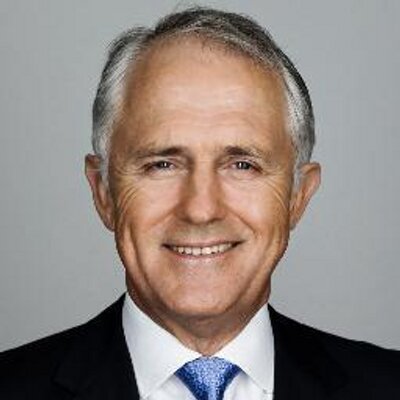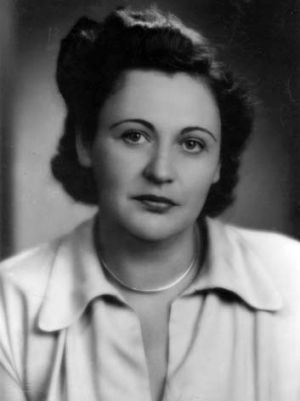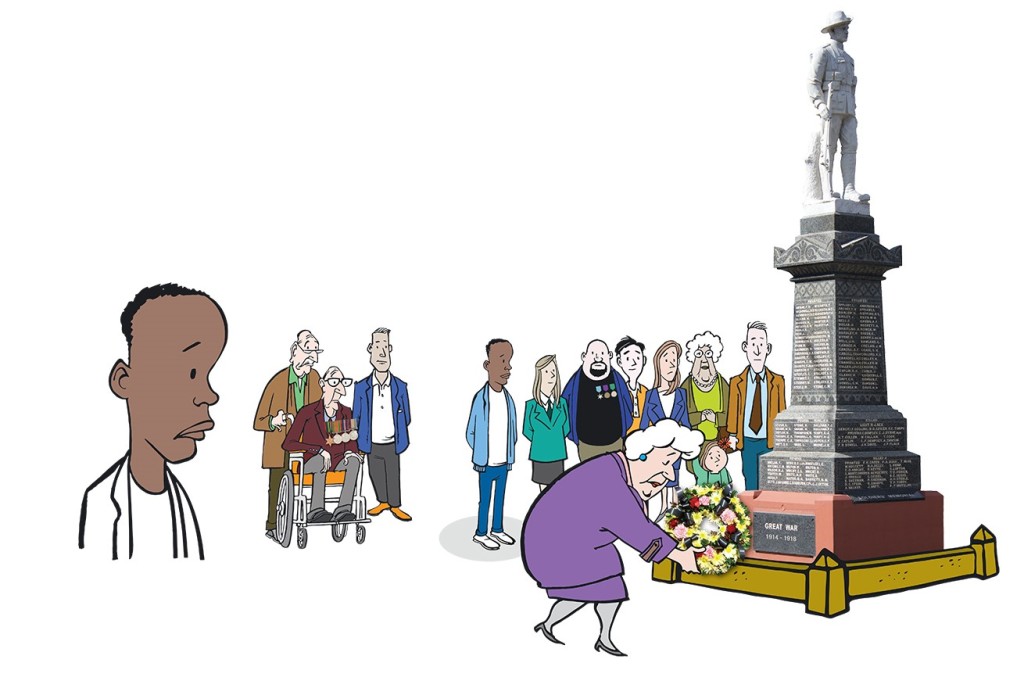‘”Australian values” and security: have we been here before?’ Honest History, 26 June 2017 updated
Note: related material on section 44 of the Constitution.
Update 19 October 2017: the Government’s proposed citizenship changes fail to pass the Senate.
Update 11 August 2017: Ann Summers’ Kenneth Myer lecture (edited in Guardian Australia) on whether Australia is a frightened country, lacking values and bereft of clear policy directions, in contrast particularly with how we were immediately after World War II.
A new century reconstruction will have different premises about inclusion and the diversity of the country. Australia is a very different place from the small frightened wartime country of just 7.2 million in the 1940s. It is now much larger, more populous and far more diverse with all of our citizens rightly demanding to be heard and to be valued. But Australia is, again, a frightened country.
Update 27 July 2017: Tony Smith in Pearls and Irritations on the political potential of the military at times when ‘national security’ becomes a talisman.
Update 3 July 2017: Interesting international comparison with President Trump, speaking in New York, 1 July:
We cannot allow this terrorism and extremism to spread in our country or to find sanctuary on our shores or in our cities. We want to make sure that anyone who seeks to join our country shares our values and has the capacity to love our people.
 Malcolm Turnbull (Twitter)
Malcolm Turnbull (Twitter)
We are told that having potential Australian citizens express an affinity for ‘Australian values’ will make all of us – old and new Australians – safer. As Prime Minister Turnbull said in the House of Representatives on 20 June (page 23 of the proof Hansard):
Does this member seriously imagine for one minute that an integrated society and a harmonious society, one based on shared values and mutual respect, has nothing to do with security? It is the very foundation of it. It is why we are a harmonious society. We have the opportunity to reaffirm those values, to reaffirm our citizenship and to require that those who seek to become Australian citizens share our values. They are values that unite us and values that define us.
But what are ‘Australian values’? The prime minister has made a number of attempts to list them. One such attempt was at an ACCI function on 19 April:
We are the most successful multicultural society in the world … [I]n the midst of this extraordinary diversity we have maintained our Australian values of freedom, democracy and the rule of law and a unique sense of fairness alongside a spirit of enterprise …
Do lists like this ring any bells from Australian history? Jon Piccini from the University of Queensland recently found in the Portland Guardian and Normanby General Advertiser for 3 December 1858, what he believes is the first use of the term ‘un-Australian’. It is in an editorial complaining about the persistence in the Victorian colony of ‘Old Country’ saint’s days (Andrew, David, George, Patrick), which the editorialist described as ‘un-Australian national distinctions’. The following paragraph could have been uttered in the Australian Parliament in recent weeks:
Those that come to make this their adopted country, whether from England, Scotland, or Ireland, ought at once to merge all other national distinctions into the new and common nationality that here belongs to them – that of Australian. We want for the due encouragement of our common Australian patriotism, and for one thorough co-operation for the good of our common adopted country, the complete putting off of all other nationalisms.
More than 50 years on, the Welshman, WM Hughes, and the first generation Australian, Robert Garran, cobbled together a war precautions regime which came down hard on perceived threats to national security – and a disproportionate number of those targeted were of German and Irish descent. A young RG Menzies, writing in 1918 about the regulations under the War Precautions Act, said they gave the government ‘practically a free discretion in the devising of new modes of protecting the public safety of the Commonwealth’. The Act and its regulations were by no means the only measures in place to ‘keep Australians safe’; there was an Unlawful Associations Act, surveillance, harassment and internment of German-Australians, and more besides. Why? Because ‘there was a war on’. Speaking in Parliament in April 1915, Hughes, then Attorney-General, praised
the glorious valour of our soldiers, who, by prodigies of bravery, have kept the foe at bay. But no one is to say when these tremendous pent-up forces of destruction may burst the barrier which now hedges them about, and then the war will not be 12,000 miles away, but at our very doors.
Other wars followed, declared and undeclared. In the 1930s, Australian authorities tried to exclude the allegedly dangerous Czech communist, Egon Kisch, by having him fail a dictation test in the Scottish Gaelic language. By the 1940s, with the country formally at war again, internment became (as it had been in World War I) a convenient tool to use against Australians of German descent, again an attribute seen as evidence of a threat to Australia. (The term ‘Australian values’ seems not to have been in vogue at this time, though: a very quick trawl through Trove of newspapers during World War II suggests the phrase appeared occasionally in connection with currency and wheat prices but not much beyond that.)
 Nancy Wake, 1949 (Sydney Morning Herald)
Nancy Wake, 1949 (Sydney Morning Herald)
By the early 1950s, we had the Cold War and Prime Minister Menzies was trying to abolish the Communist Party, arguing that the matter ‘concerns our very existence’. Labor leader HV Evatt was opposed in his seat in 1951 by war hero, Nancy Wake. ‘I am the defender of freedom’, said Wake. ‘Dr Evatt is the defender of communism.’ Evatt won by a whisker only. Then there was this from the Mayor of Clare, South Australia, MG Scott, JP, at a ‘naturalisation’ (nowadays, ‘citizenship’) ceremony in September 1954:
Australian citizenship cannot be bought, those aliens who desire to be naturalized must earn it and when [it is] gained [it] can only be paid for by loyalty. Australia demands loyalty in return for this grand citizenship – loyalty to your family, loyalty to your friends, loyalty to your church, to the Commonwealth and above all Loyalty to Her Majesty Queen Elizabeth II. By doing this you obtain Freedom of speech which entitles, you to the same pleasures that we have enjoyed in Australia for many years.
Michael Dymtruk from Ukraine and Armando Persico from Italy were duly naturalised.
In Clare and elsewhere in 1954 – a royal visit year and just after the Korean War had more or less ended – loyalties were the currency, not values. ‘Australian values’ appeared from time to time, however, in the publications and proceedings of the Good Neighbour Councils, established by the Commonwealth government in each state and territory in 1950 to help migrants assimilate, particularly by learning English, and to promote acceptance of migration among Australians who had been here longer. In late 1962, the then chairman of the ABC, Dr JR Darling (born in England, Repton School, Royal Field Artillery, Oxford, headmaster of Geelong Grammar School 1930-61) told a Good Neighbour Council conference in Melbourne that Australian values included the English language and literature, ‘the basic law’, a democratic form of government, and ‘an admiration of the same national heroes’. These values ‘held a people together’ and comprised ‘a way of life’. (History teachers had a special responsibility in inculcating them.)
Dr Darling’s list from 1963 looks a bit like Prime Minister Turnbull’s from this year, and they both put faith in the binding power of ‘Australian values’. Both their lists overlap with that of the Mayor of Clare. And Nancy Wake in 1951 and Malcolm Turnbull in 2017 agree on the importance of ‘freedom’. The list of ‘Australian values’ might well be debated – and has been. More important though than what is in and what is not, is the values-security linkage: in the era of ‘the War on Terror’ will making new arrivals sign up to Australian values really make us safer?
First, remember ‘they would say that, wouldn’t they?’ This is the standard riposte against folks – here, potential citizens – who are suspected of spouting whatever it takes to achieve their objectives. How hard is it to mug up on ‘Australian values’? It would be the work of a few moments to research Australian Anglo-Celtic majority values on, say, domestic violence and gender equality or even Anzac. (There would, presumably, be no questions on the differences between Australian values and Australian practice in these fields. See, for example, the evidence about inequality under our thumbnail and in the chapters by Stuart Macintyre and Carmen Lawrence in The Honest History Book.)
 ‘Samir [from the Sudan] … was still learning about the traditions of his new home. Many things were strange to him, but he understood the importance of honouring those who had fought for their country.’ Here They Come! A Day to Remember (Department of Veterans’ Affairs publication for children, 2016)
‘Samir [from the Sudan] … was still learning about the traditions of his new home. Many things were strange to him, but he understood the importance of honouring those who had fought for their country.’ Here They Come! A Day to Remember (Department of Veterans’ Affairs publication for children, 2016)
Secondly, there is this argument from Peter Mares in Inside Story:
Making Australia safe is an entirely valid aim, but it seems to have little connection to the issue of citizenship. If recent migrants pose a security threat to Australia, they do so regardless of whether they obtain the status of citizen, since they are already resident in Australia. Delaying or denying a pathway to citizenship for migrants can’t appreciably improve national security or in any way reduce terrorism. It may, however, have the opposite effect if it leads some migrants to feel that they are excluded, marginalised and unwanted.
Thirdly, we can point to men who were exposed to Australian values but who proved to be a great danger to their fellow citizens. Julian Knight, who killed seven people and wounded 19 in the Hoddle Street Massacre in 1987, was born in Australia, grew up in an army family, joined the army cadets at school, then had time in the Army Reserve and at Duntroon. He would have been exposed to plenty of ‘Australian values’ in those environments, although he was rather a misfit and was probably bullied.
Among others, Martin Bryant (35 people murdered and 23 wounded at Port Arthur in 1996), Frank Vitkovic (9 dead, 5 wounded, Queen Street massacre 1987), John Bunting (12 Snowtown murders, 1992-99) were all born in Australia, attended Australian schools, sang the national anthem, and sat through Anzac Day services, although each of them seemed somewhat ‘odd’ to their contemporaries. Clearly, there is more to the pathology of violent threats to society than the degree of exposure to ‘Australian values’. Yet, we are told in 2017 that having new arrivals imbibe and express these values is crucially related to ‘keeping Australians safe’ .
 Martin Bryant, Risdon Gaol, Hobart, 2015 (Advertiser/Gary Ramage)
Martin Bryant, Risdon Gaol, Hobart, 2015 (Advertiser/Gary Ramage)
Fourthly, what are the real threats to our safety? Wikipedia‘s extensive and well-sourced list of ‘Australian disasters’, well over 300 of them going back to 1788 (and even a few before that) includes only a large handful of incidents involving homicide (compared with dozens of accidents and ‘acts of God’) and no evidence that recent arrivals in Australia – people who might not yet have drunk their fill of Australian values – were more likely to commit violent crimes (unless one counts the massacres of Indigenous Australians by recently arrived white settlers in the 19th century).
It will always be difficult to ‘keep Australians safe’ from bushfires and floods – particularly if we build houses in silly locations (see Rebecca Jones’ chapter in The Honest History Book) – though we could certainly do more to prevent domestic violence and the abuse of children in institutions. Yet dog-whistling and tub-thumping about ‘stranger danger’ (today ‘radical Islamic terrorism’) – despite the relatively low incidence of danger from strangers – has been a regular feature of Australian history, particularly when we have been at war – or have imagined we are.
See also this earlier post and the links from there. And this later post, linking the 2016 Census results with a discussion of ‘Australian values’. On Kisch and the general issues, Mungo MacCallum in Pearls and Irritations. See also a useful piece from Paul Chadwick in Guardian Australia on the terminology of terrorism: care is needed in the use of the terms ‘terror’ and ‘terrorism’.